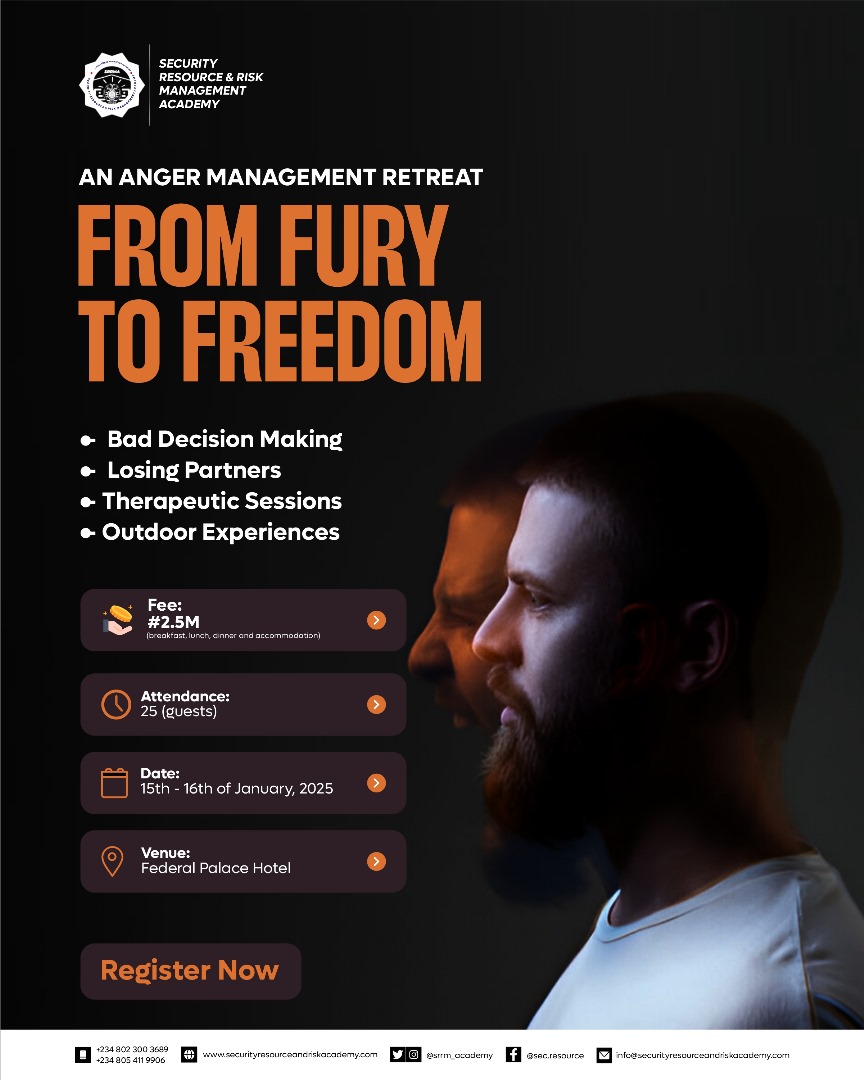Journey Management Masterclass
Journey Management Masterclass
₦450,000
Journey Management Masterclass focuses on the principles and practices of ensuring safe and efficient travel for individuals or groups, particularly in high-risk or sensitive environments. It is valuable for professionals in fields such as private security, executive protection, logistics, and corporate travel management.
Place OrderJourney Management Masterclass
Overview
1. Introduction to Journey Management
- Definition and importance of journey management.
- Roles and responsibilities in journey management.
- Understanding the risks associated with travel.
2. Risk Assessment and Planning
- Conducting pre-travel risk assessments.
- Identifying and mitigating travel-related threats (e.g., natural disasters, crime, political unrest).
- Understanding local regulations and customs.
3. Journey Planning Essentials
- Developing comprehensive travel plans and itineraries.
- Route mapping and alternative route selection.
- Coordination with stakeholders (travelers, drivers, security teams, etc.).
- Integrating technology into planning (GPS, travel apps, etc.).
4. Crisis and Emergency Management
- Preparing for travel disruptions (e.g., delays, vehicle breakdowns).
- Managing emergencies such as medical incidents, accidents, or security threats.
- Evacuation planning and crisis communication.
5. Vehicle and Driver Safety
- Vehicle inspection and maintenance protocols.
- Driver selection, training, and fatigue management.
- Defensive driving techniques and convoy operations.
6. Security Measures for High-Risk Environments
- Travel in conflict zones or areas with high crime rates.
- Use of armed or unarmed security personnel.
- Surveillance detection and counter-surveillance techniques.
7. Technology and Tools in Journey Management
- GPS tracking and fleet management systems.
- Communication tools for real-time updates and coordination.
- Travel management software and platforms.
8. Client and Stakeholder Communication
- Setting expectations with clients and travelers.
- Continuous updates and situational awareness during journeys.
- Reporting and post-journey debriefs.
9. Compliance and Legal Considerations
- Adhering to local and international laws.
- Insurance and liability management.
- Data privacy and confidentiality in journey management.
10. Case Studies and Practical Exercises
- Analysis of real-life journey management scenarios.
- Hands-on planning and execution of mock journey operations.
- Lessons learned from past incidents.
